Marmelo restaurant review 2025
The city’s gateway to Basque Country run by two Sydney hospo pros packs promise, power — and incredible attention to detail.
Food
Don't miss out on the headlines from Food. Followed categories will be added to My News.
Wowee, she’s grand.
A whiff of “I can’t quite put my finger on it” potential already beams throughout the place, with its maze of red brick and dark timber.
At Marmelo, our gateway to Portugal via Sydney expats Ross and Sunny Lusted’s first Melbourne restaurant, it’s clear attention to detail was capped and underlined on the business plan.
As is the marker for all great restaurants.
Especially with the design for those special, first impression moments.
New York-style ceilings stretch all the way to heaven, sunny warehouse windows pool summer sunshine and skirt a frilly cream curtain at table level to stop the pesky streetside peepers from looking in.
The drinks, especially wine, stretch so wide there’s something from almost anywhere in the world for all kinds.
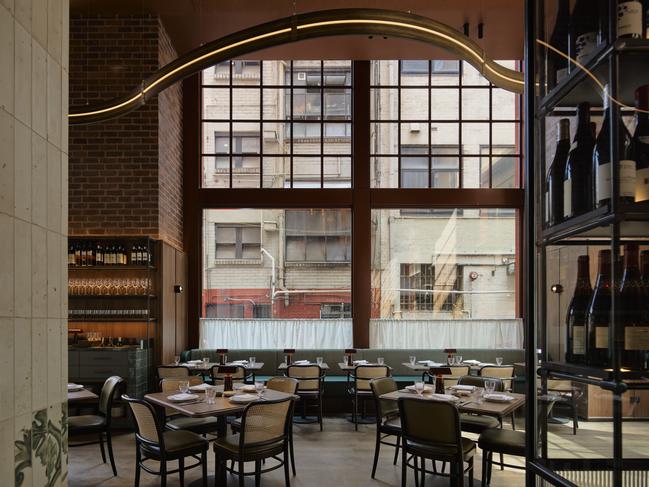
A nip of vintage Madeira or sherry will fire you up, as would an Americano or martini spiked with homegrown Davidson plum or quince vermouth.
When our sommelier is told we’re not drinking, we’re presented with a swag of booze-free bevs.
Service is smart, sensible and smiley, although at times set a little too far one way on the “passive to pestery” dial.
Don’t worry, the hyper-diligence is more sincere (and certainly better than the alternative) coming from the South African raised chef’s deep love for Spain, Portugal and Melbourne culture and wow-factor produce.
A belief supported by a thoughtful bowl of warm green Victorian olives offered tableside free of charge while you menu mull.
There are many ways to take a run at Marmelo’s delights, it just may take a few visits to get through it all – and a bit of cash.
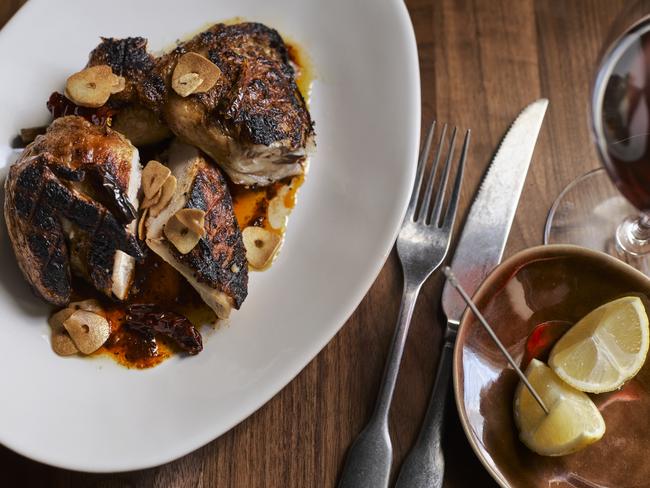
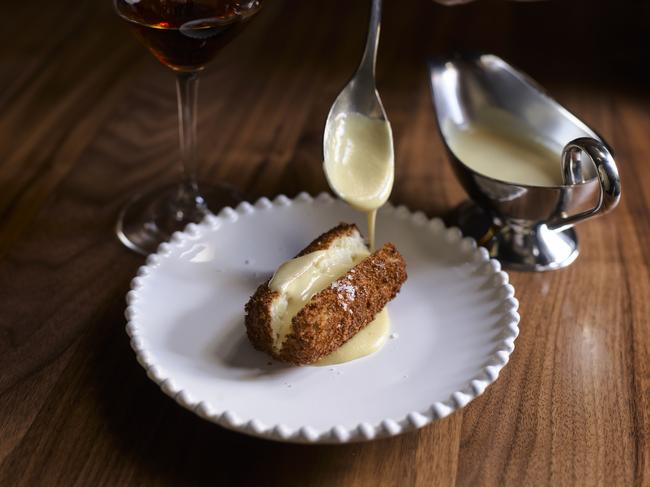
Maybe you’ll start with a cooked Pacific oyster ($12 each) warmed over woodfire with cured pork cheek and sherry vinegar, an elite bar snack; flat-pressed two-bite “bikini” toastie of jamon, manchego cheese and white bread ($24 for two) or a nude anchovy with a glug of extra virgin olive oil ($8 for one).
No, you don’t need bread with this, but you may be coaxed into an upsell.
My tip for dinner at Marmelo? Dine against the grain and don’t feel pressured to try the larger, more expensive shares, especially if dining as a couple.
The half or whole woodfired rock lobster painted in piri-piri butter ($140/$260), arroz de marisco baked seafood rice dish ($165), whole fish or 800g of rib-eye steak ($210) are best saved for a return group visit.
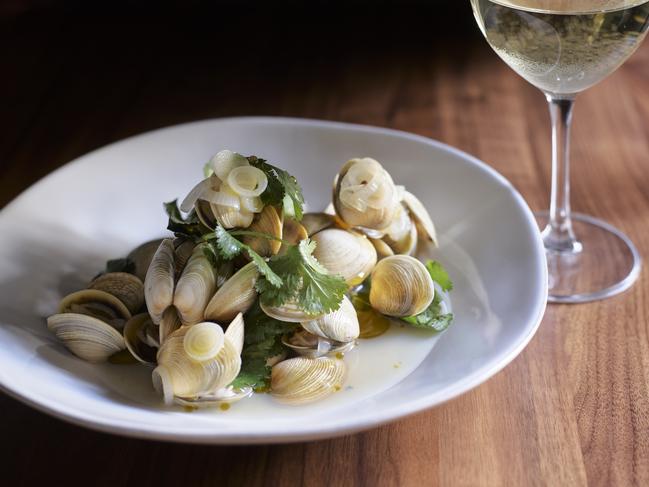
Instead, start with the unsung side of arroz de tomate ($14), a staple Portuguese tomato rice dish, with a squishy chew and sweet juices of the sun-ripened fruit countered by the sting of sherry vinegar – it really deserves main meal status.
The celeriac nata ($25) was a fine savoury ode to a traditional sweet custard tart snack, topped with fresh spanner crab and radish.
While the lamb sweetbreads and tongue ($39), golden pan-crusted nibs and devon-style meat sheets would have wowed with a runny, crisp fried googer to tie it all together.
Though Marmelo’s artful answer to Portugal’s flame-grilled ‘Nando’s style’ chicken, the woodroasted cockerel (young rooster), is juicy and plump where it counts, dusted in a storm of African spices, piri-piri chilli and citrus ($58), the thin potato crisps on the side seemed pointless – I almost forgot to eat them.
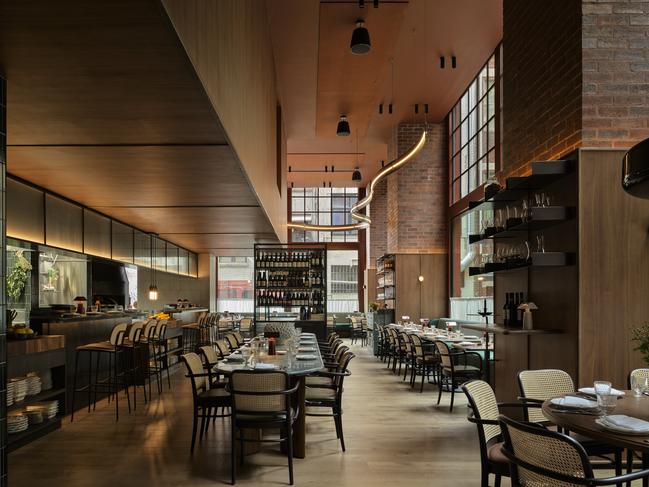
Save room for the woodroasted olive oil cheesecake ($28 for two) complete with a warm velvet centre that’s so divine it didn’t matter that I couldn’t taste the woodfire influence.
Marmelo is daringly different, and has all the right ingredients to dazzle and delight – if you don’t mind paying for the pleasure.




